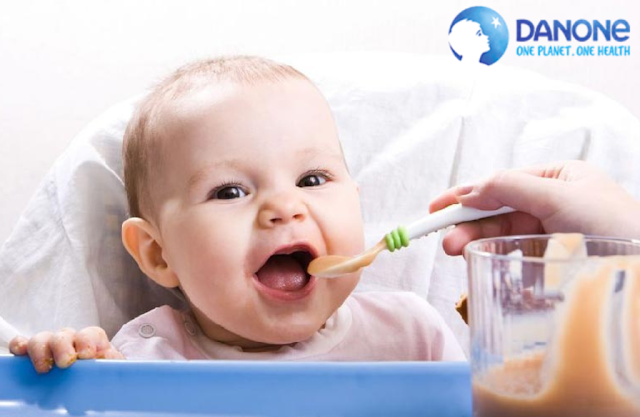Things to Know About Baby Cereal
If your paediatrician asks you to start giving your baby some solid food around 4-6 months, one popular food choice for infants is baby cereal. These are soft, mushy food mixtures made from various ingredients like barley, rice, oats and mixed grains. They also boost a baby’s appetite and provide vital nutrients like iron.
What is a Baby Cereal?
First, you need to know what baby cereal is. Since it mainly consists of white rice, there is no proper nutrition content present in it. Therefore, manufacturers fortify it using synthetically made vitamins like ferrous sulphate (iron), ascorbic acid (vitamin C) and folic acid (vitamin B9). Certain cereal manufacturers even provide organic rice products but those are not any better.
Some cereals for babies also consist of brown rice but those are processed in a flake form. Hence, it’s easy to make and soft for the baby’s palate.
Baby Cereal Offers Iron
Iron is vital for the healthy development of a baby’s brain, according to expert nutritionists. The nutrients present in cereals are crucial for breastfed babies since breast milk has fewer nutrients.
Only two 1/4 cups of iron-fortified cereal (rice, barley, oatmeal or mixed grains) fulfil most of your infant’s everyday iron requirements. Infant cereal also offers various other nutrients like calcium, zinc and vitamins E, B and C.
Cereal Prepares Baby for Solid Foods
When your baby gets used to mushy cereal texture, you may gradually make it thicker. To make a cereal thick, use less breast formula or milk. The bland-testing flavour helps with eager eating. On the other hand, the thicker texture helps makes a baby learn how to swallow food after proper chewing.
Thickened cereal also offers many benefits. Babies with dysphagia or gastroesophageal reflux (GERD) require thicker food for safer swallowing. The semi-solid texture of baby cereal teaches infants to adapt to finger foods like softened vegetables, fruits and meats. Hence, an infant has a convenient time to begin solids after baby cereal.
Baby Cereal is Safe
The baby cereals are safe for infants. If you want to try rice cereals, go for them. The arsenic levels are high in cereals with grains. But still, these are fine for infants. If you are scared to give those to your baby, stick to other cereal varieties like mixed grains, oats, barley, etc.
When do Paediatricians Recommend Rice Cereal?
Many paediatricians suggest rice cereal to their baby at around 4 to 6 months. Certain doctors also suggest it, as it helps babies to sleep better. The paediatricians urge mothers to add some rice infant cereal to the baby’s milk bottle to keep them full throughout the night. However, some paediatricians don’t recommend it. It is best to consult a doctor before considering this option.
Conclusion
Baby cereal is the best first infant food that paediatricians also suggest. Almost every parent nowadays opts for this food option for infants before introducing them to solid foods. Various baby cereal brands are available in the market to offer sufficient nutrition to infants. But before choosing the one, consult a paediatrician or pick a cereal by the best brand.
Also, Visit here: Benefits of Keeping Kids Healthy with Good Nutrition




Comments
Post a Comment